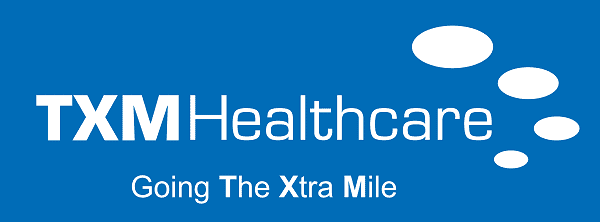Working as a medical locum can provide you with a good income and a flexible schedule, but it also comes with its own set of financial considerations. Here are some tips to help you manage your finances as a locum:
Budgeting: Setting up a budget is an essential step in managing your finances, it’ll help you keep track of your income and expenses and ensure that you have enough money to cover your bills. Make sure to set aside money to cover your taxes, national insurance and pension contributions as well as any other regular expenses, like rent or mortgage payments, insurance, and transportation costs.
Saving: Consider setting up a separate savings account that you can put money into each month. This will ensure that you are putting aside money for your future or for any unexpected expenses that may come up.
Managing taxes: It is important to note that as a locum, you may be responsible for your own tax and national insurance contributions. This means depending on your terms of engagement that you may need to file your own tax return and pay any taxes that are due. It’s recommended you seek professional advice from an accountant or tax advisor to understand your obligations.
Invoicing: Medical locum work may be paid on an invoice basis. That means that you may need to invoice your clients for the work you have done. It’s important that you keep accurate records of your invoices, receipts, and expenses, this will make it easier for you to file your tax return and claim any expenses you are entitled to.
Managing your pension: Even though you may not have a permanent employer, you are still responsible for ensuring you have a pension plan in place. The government’s National Employment Savings Trust (NEST) is an option for locums to consider, you can also opt to have a personal pension plan.
By keeping your budget in check and being aware of tax and pension responsibilities, you can manage your finances more efficiently as a medical locum. Being mindful of your financial situation will give you peace of mind and allow you to focus on providing quality care to your patients.
As you can see, budgeting, saving, invoicing and tax management are important consideration for a medical locum to have in mind, to ensure the best outcome for their financial situation. I hope you find this post informative and helpful. If you have any questions, don’t hesitate to ask.


